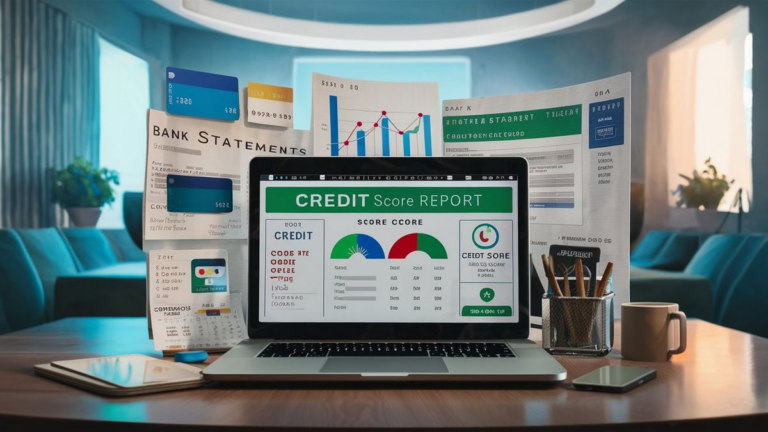Understanding your credit score is crucial for managing your financial health. Your credit score is a numerical representation of your creditworthiness, which lenders use to assess the risk of lending you money or extending credit. A good credit score can open doors to better loan terms, lower interest rates, and increased borrowing power. But how do you know if your credit score is good?
What is a Credit Score?
A credit score is a three-digit number that ranges from 300 to 850, with higher scores indicating better creditworthiness. It is calculated based on various factors such as payment history, credit utilization, length of credit history, types of credit accounts, and new credit inquiries.
What Constitutes a Good Credit Score?
A good credit score typically falls within the range of 670 to 850. However, the exact definition of a “good” credit score may vary depending on the credit scoring model used by lenders. Generally, a score above 700 is considered good, while scores above 800 are excellent.
How to Check Your Credit Score
There are several ways to check your credit score:
- Free credit reports: You can obtain free credit reports from the three major credit bureaus—Equifax, Experian, and TransUnion—once every 12 months through AnnualCreditReport.com.
- Credit monitoring services: Many financial institutions and credit card issuers offer free credit score monitoring services to their customers.
- Third-party websites: There are also numerous third-party websites and apps that provide free credit score monitoring and credit education resources.
Signs of a Good Credit Score
Here are some indicators that suggest you have a good credit score:
- Low credit utilization: Your credit utilization ratio, which is the amount of credit you’re currently using compared to your total available credit, is typically below 30%.
- On-time payments: You consistently make on-time payments on your credit accounts, including loans, credit cards, and other bills.
- Length of credit history: You have a lengthy credit history, demonstrating responsible credit management over time.
- Minimal credit inquiries: You have few recent inquiries on your credit report, indicating that you’re not actively seeking new credit.
Benefits of a Good Credit Score
Having a good credit score offers several benefits:
- Lower interest rates: You’re more likely to qualify for loans and credit cards with lower interest rates, saving you money on interest charges.
- Higher credit limits: Lenders may be willing to extend higher credit limits to individuals with good credit scores.
- Approval for rental applications: Landlords often check credit scores when evaluating rental applications, and a good credit score can increase your chances of approval.
- Better insurance rates: Some insurance companies use credit scores to determine insurance premiums, and a good credit score may result in lower rates.
Improving Your Credit Score
If your credit score isn’t where you’d like it to be, there are steps you can take to improve it:
- Pay bills on time: Making timely payments is one of the most important factors in determining your credit score.
- Reduce credit card balances: Aim to keep your credit card balances low relative to your credit limits.
- Avoid opening new accounts: Each new credit inquiry can temporarily lower your credit score, so avoid opening unnecessary accounts.
- Monitor your credit report: Regularly review your credit report for errors or fraudulent activity, and dispute any inaccuracies.
By understanding what constitutes a good credit score and taking proactive steps to manage and improve your credit, you can work towards achieving your financial goals and securing better opportunities in the future.
Understanding Credit Score Models
Credit scores are calculated using different models, such as FICO Score and VantageScore. Each model weighs factors differently, leading to variations in scores. Understanding the model used can provide insights into score fluctuations.
Frequently Asked Questions
1. What impacts credit scores the most?
2. Can checking my own credit score affect it negatively?
3. How long does it take to improve a credit score?
| Credit Score Range | Rating |
|---|---|
| 300-579 | Poor |
| 580-669 | Fair |
| 670-739 | Good |
| 740-799 | Very Good |
| 800-850 | Excellent |
Key Factors Affecting Credit Scores
- Credit Mix: Having a diverse range of credit types, like mortgages, credit cards, and installment loans, can positively impact scores.
- Age of Accounts: Longer credit histories generally result in higher scores as they demonstrate stability and responsibility.
- Hard Inquiries: Each hard inquiry from applying for credit can slightly lower scores temporarily.
See also:






